Plastics are made from non-renewable natural resources such as crude oil, gas and coals. If this in itself isn’t detriment enough for our environment, it also takes about 1000 years for plastic to breakdown.
Globally we are producing and using plastic at a debilitating rate.
It is estimated that in Australia alone we use 3.92 billion plastic bags a year, which equates to 429,000 bags being dumped in landfill every hour.
But of course this is only a drop in the pool of our demand for plastic; you only need to look around to realise how wide spread our use of plastic is.
Plastic is not only a hazard to our environment, it may also be a hazard to our health. Plastic containing BPA have long been suspected of causing cancer, obesity and type 2 diabetes and many other plastics are similarly suspected of leaching chemicals which may cause the same ill health.
Due to increasing consumer concern over these risks many products are now labelled BPA free however we should also look out for the recycle numbers 3 (PVC), 6 (polystyrene) and 7 (other – including BPA). These plastics are also suspected of leaching dangerous chemicals, are generally not high temperature heat stable (so should not be used to heat food), and do not recycle well. Plastics labelled with the recycling number 1 (PET) should also only be used once and may not be safe for use multiple use.
Don’t completely panic as many plastics are still considered safe.
Look for the recycle numbers 2 (high density polyethylene), 4 (low density polyethylene) and 5 (polypropylene), these are not suspected of leaching but always follow manufactures instructions for use and cleaning and where possible reduce your plastic use, after all it’s good for the environment.
Simple steps to reduce your plastic:
- Switch to glass: glass jam or coffee jars can be re-used to store food or you can pick up ball jars in most supermarkets. These also have a fantastic vintage look.
- Ditch the cling wrap: instead of covering leftovers in cling wrap store it between to ceramic plates
- Opt for Stainless steel: heaps of great stainless steel lunchboxes, containers and water bottles are now available
- Go Green: Green bags are a great way to reduce plastic bag use – keep them in the car so you don’t forget them
- Re-useable food pouches and vegetable storage bags are available online for use at home and to take to the supermarket
- Ditch the straw: from 6 months babies can drink from a cup, so I don’t see why adults can’t too
Many of these strategies will not only help you to reduce your plastic but also help you eat less processed and more whole and homemade foods.


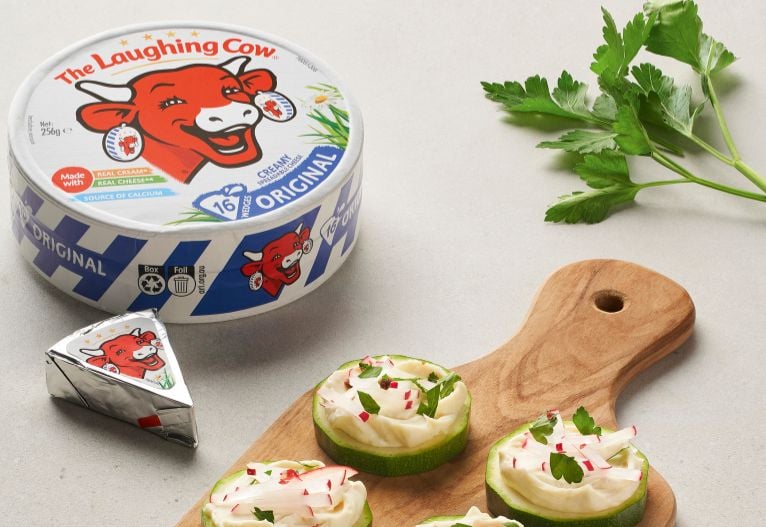
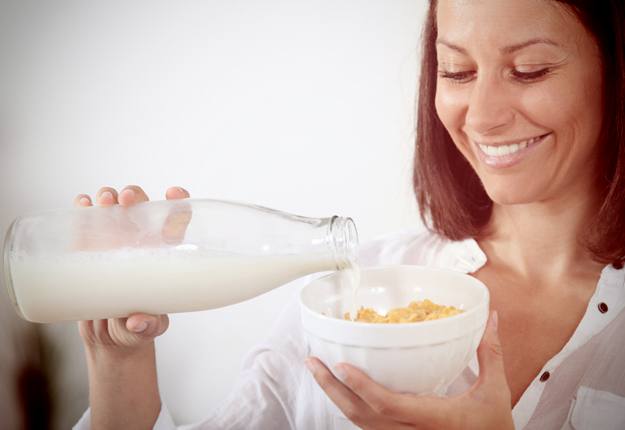





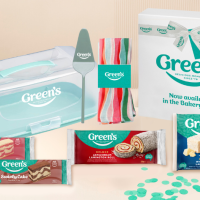




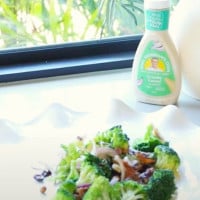

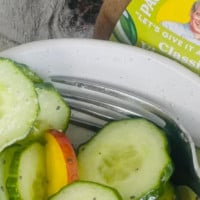



5:40 pm
5:21 pm
4:31 pm
4:26 pm
3:20 pm
-

-
-
-
memo replied
- 18 Apr 2014 , 10:27 am
Reply3:17 pm
2:51 pm
2:30 pm
2:14 pm
12:32 pm
12:11 pm
10:15 am
9:53 am
8:04 am
- «
- 1
- …
- 5
- 6
Post a commentTo post a review/comment please join us or login so we can allocate your points.